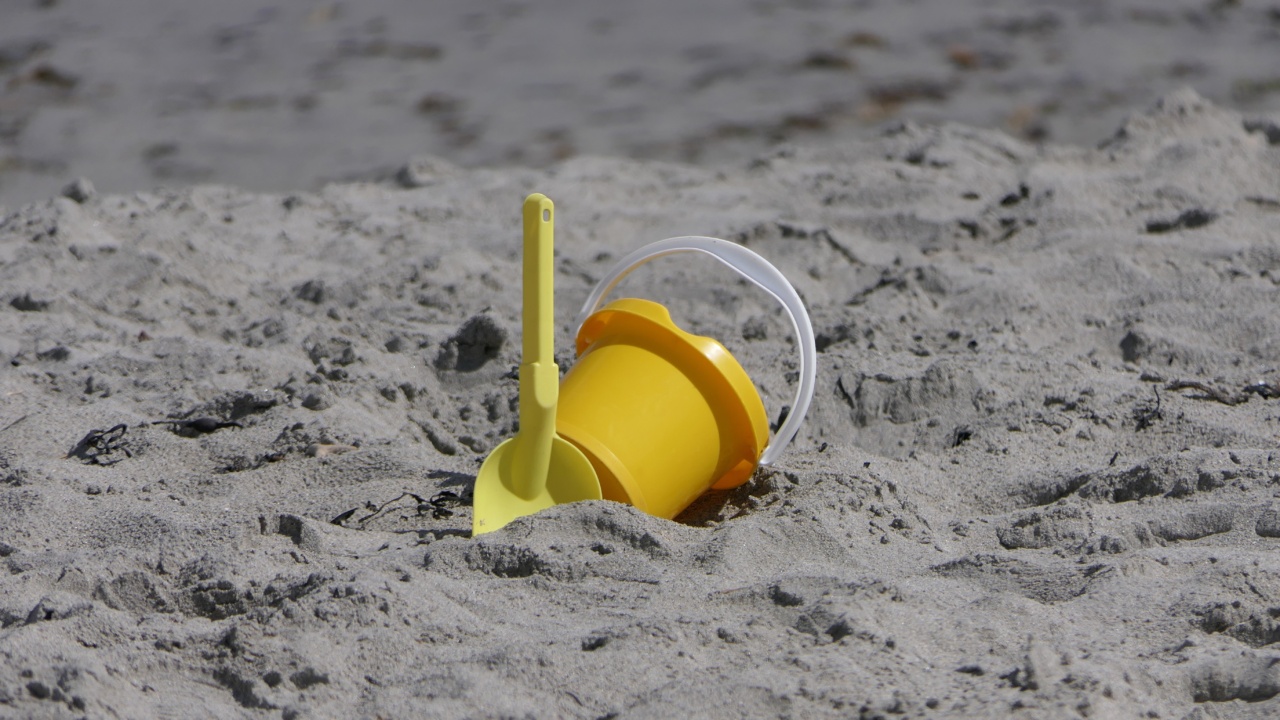Urinary tract infections (UTIs) are common in infants and children. In fact, UTIs are one of the most common bacterial infections in children.
UTIs can cause discomfort and lead to serious health problems, so it’s important to know the signs and symptoms of UTIs and how to prevent them. In this comprehensive guide, we will discuss everything you need to know about UTIs in infants and children.
What is a UTI?
A UTI is an infection in any part of the urinary system, which includes the kidneys, bladder, ureters, and urethra. UTIs are most commonly caused by bacteria, but can also be caused by viruses or fungi.
UTIs can affect any age group, but infants and young children are at an increased risk.
Signs and Symptoms of a UTI in Infants and Children
Infants and young children may not be able to communicate their symptoms, so it’s important to look out for signs of a UTI. Symptoms of a UTI in infants and children may include:.
- Fever
- Abdominal pain
- Foul-smelling or cloudy urine
- Frequent urination or urgency
- Pain or burning during urination
- Irritability or fussiness
- Vomiting
- Poor feeding
- Failure to gain weight or grow
If your child is exhibiting any of these symptoms, it’s important to seek medical care promptly. UTIs can lead to serious health complications that can be prevented with prompt treatment.
Diagnosis
Diagnosing a UTI in infants and young children can be challenging, as they often cannot communicate their symptoms. A doctor will typically order a urine analysis to detect the presence of bacteria or white blood cells in the urine.
Imaging tests, such as an ultrasound, may also be ordered to check for abnormalities in the urinary tract.
Treatment
UTIs in infants and young children are treated with antibiotics. It’s important to complete the full course of antibiotics as prescribed by your child’s doctor to ensure that the infection is fully treated.
Be sure to give your child plenty of fluids and monitor their symptoms closely.
Prevention
Preventing UTIs in infants and young children can be challenging, but there are steps you can take to reduce the risk of infection:.
- Change your baby’s diaper frequently
- Wipe from front to back after bowel movements
- Encourage your child to drink plenty of fluids
- Maintain good hygiene practices
- Ensure that your child is fully vaccinated
- Consider probiotics to help maintain a healthy urinary tract
When to Seek Medical Attention
If your child is exhibiting symptoms of a UTI, it’s important to seek medical attention promptly. In some cases, UTIs can lead to serious health complications, such as kidney damage or sepsis.
If your child has been diagnosed with a UTI and their symptoms persist or worsen, contact their doctor immediately.
The Bottom Line
UTIs are common in infants and children, but can be prevented with good hygiene practices and prompt medical attention. If your child exhibits symptoms of a UTI, seek medical attention promptly to prevent serious health complications.





























